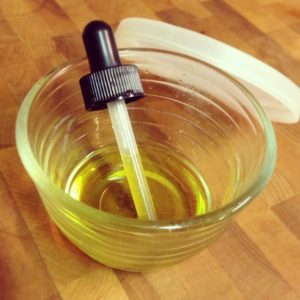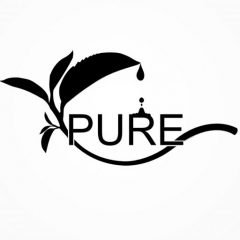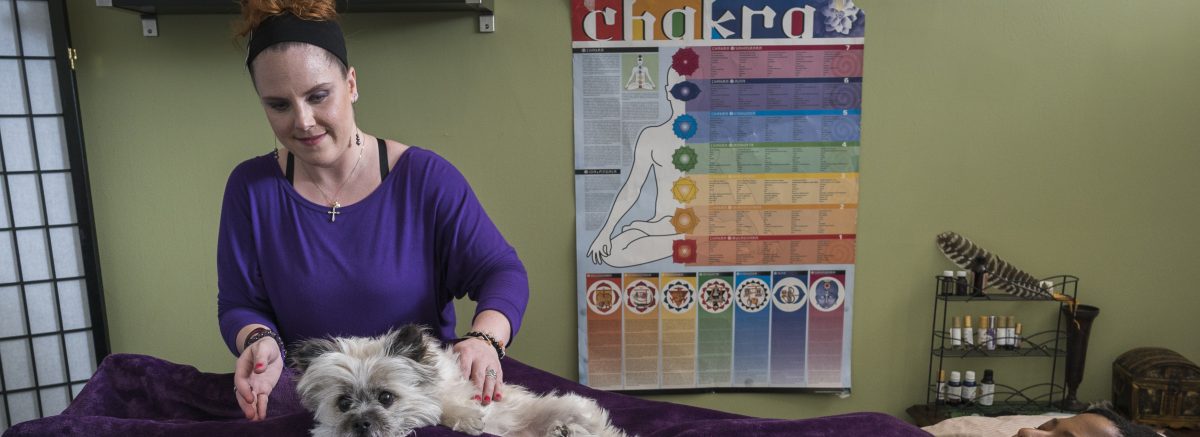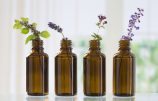AROMATHERAPY – Essential Oils
Complementary/alternative medicine practices, including aromatherapy using essential oils, have become increasingly popular in recent decades, although essential oils have been used for centuries. Aromatherapy is used in massage, wellness centers, yoga studios and spas, hospice settings and chiropractic offices. So what is aromatherapy, exactly?
Aromatherapy is the use of essential oils. Essential oils are made using dozens of different medicinal plants, flowers, herbs, roots and trees grown from all over the world. Holistic and natural practitioners turn to aromatherapy for the many antibacterial, anti-inflammatory and analgesic effects of aromatic essential oils. Essential oils for over thousands of year have proven, powerful effects on improving physical, emotional and spiritual well-being among cultures spanning the globe.
So what is aromatherapy used for? According to research studies, some of the most common reasons that people use it essential oils include managing pain, improving sleep quality, reducing stress, overcoming symptoms of depression, soothing sore joints, focus and concentration, insect repellent, burns, infections, arthritis, lung congestion, headaches and even battling the effects of cancer.
How are they used? Most common way used is by inhaling or applied to the skin but they can also soak in a warm bath or mist your bed linens. Therapeutic-grade oils have been shown to help people overcome various health problems without the need for medications. For example, daily using an diffuser mister with the peppermint oil helps ward off headaches and migraines. When you feel a migraine coming on, try rubbing just a drop of peppermint oil to the temples rubbing gently
Today, you’re likely to find over fifty different therapeutic-grade essential oils available in health food stores and online (although many more than this exist). Some popular aromatic oils you might recognize include lemon, tea tree, lavender, and peppermint oils used in everything from toothpaste, shampoo, soap and laundry detergent.
Aromatherapy has been studied in connection with improving both short-term health problems, along with more serious disorders. Research shows that anyone with the following health conditions can likely benefit from aromatherapy:
• Chronic stress or anxiety or depression
• Insomnia and trouble sleeping or Fatigue
• Muscle and Joint pain
• Respiratory infections
• IBS and other digestive disorders
• PMS or menopause symptoms
• Skin problems including bites, rashes, bruising, cellulite or acne
• Blood sugar fluctuations
• Cancer
• Tooth and gum disease
Results for both human and animal, research studies show that aromatherapy oils can have both sedative and stimulant effects. Also research shows positive effects on the immune system and central nervous system. In the primitive regions of the brain called limbic system that controls both emotional and behavior effects, when scanned for functionary results, showed that fragrant oils have positive effects in humans and calming in animals.
To achieve maximum results from aromatherapy, is to use pure, therapeutic-grade oils rather than those with synthetic ingredients or fragrances. The effectiveness of aromatherapy practices always depends on the quality of the oils used, plus the dosage.

RESULTS on some PROVEN BENEFITS
One study published in the American Journal of Hospice and Palliative Care found that lavender aromatherapy oil helped hospice patients decrease pain, anxiety and depression, and promote an increased sense of well-being. Below lists some suggestions and uses:
–Clary sage, sandalwood, rosemary, geranium, ylang ylang and neroli can improving one’s libido, raising energy — increased blood flow and treating sexual dysfunctions.
— Eucalyptus, peppermint, frankincense, rosemary, myrrh, lemon, oil of oregano and tea tree, can help you overcome sinus infections, allergies, colds, the flu or coughs, and fatigue. Caution – some of these oils like oil of oregano is very strong and should be used carefully.
–Essential oils that can help you cope with cancer symptoms, or side effects caused from cancer treatments, include frankincense, ginger, lavender, geranium, rose, neroli and clary sage.
–Frankincense research has shown that the essential oil potentially kills cancer cells. There is several books on this topic.
–Ginger, turmeric, grapefruit, peppermint, lemon, chamomile and eucalyptus, can help curb acid reflex, ulcers, nausea, indigestion, morning sickness or stomach aches due to PMS.
–Ginger, myrrh, turmeric and orange, when inhaled or applied topically can help with tight or tense muscles, achy joints, inflamed tissue injuries, or pain from headaches and arthritis pain.
–Lavender and chamomile, can help people who feel stressed or anxious to relax.
–Lavender, chamomile, rose, vetiver and ylang ylang , can help those with insomnia, anxiety, restless leg and hot flashes from the use of one or more to create a combination blend of all these oils.
–Lavender, clary sage, juniper berry, lemon, orange, helichrysum and frankincense oils for skin to help with skin issues i.e. acne creating a spritzer with 2 drops each oil in water using in the face, neck chest and shoulders.
–Tree tea oil (Melaleuca alternifolia) is one of the most popular oils for treating skin problems since it has antibacterial, antiseptic, antifungal and other cleansing qualities.
PRECAUTIONS:
Depending on a person’s specific medical history, allergies or level of sensitivity, certain types of aromatherapy oils are not recommended. Most essential oils should be kept away from infants and children, unless otherwise noted. If you’re pregnant or breast-feeding, always make sure that any essential oil you use for aromatherapy is safe and won’t pose any risk because many can. Potential risks include ingesting large amounts/intentional misuse, which can cause toxicity; skin irritation, especially when used in large amounts it is recommended to test on you skin first.
With essential oils, more is not always better. Always start with the lowest dose possible.
In general, only use oils internally when you know for sure they’re completely pure and you have no medical condition requiring that you take medications that can interact with oils. Using essential oils internally can sometimes be toxic and very harmful, so do your research and ask a professional for an opinion if you ever have any concerns or questions.
BE CAREFUL AROUND PETS
Every pet is different and may have different reactions to different essential oils. However, there are some essential oils that you may want to be careful using around your pets. If you have cats, you also need to be wary about certain oils. Cats are particularly sensitive to essential oils that contain polyphenolic compounds because they interfere with their liver detoxification processes. So if you have cats use extra caution around essentials oils like cinnamon, tea tree, thyme, birch, wintergreen, clove, and oregano. The use of a diffuser and lavender may cause breathing and even lung fluid in cats.
There are also certain essential oils that should not be used for or around dogs including anise, clove, garlic, horseradish, juniper, thyme, wintergreen, and yarrow. These essential oils can trigger a range of issues from allergies and skin sensitivities to interference in their natural body processes and even kidney failure.
If you use any of these essential oils for your own health, make sure you also exercise caution around your pets. If you use a diffuser, keep them out of the room during the treatment period. If you wear these essential oils on pulse points throughout the day, be careful when petting your companion animals.



